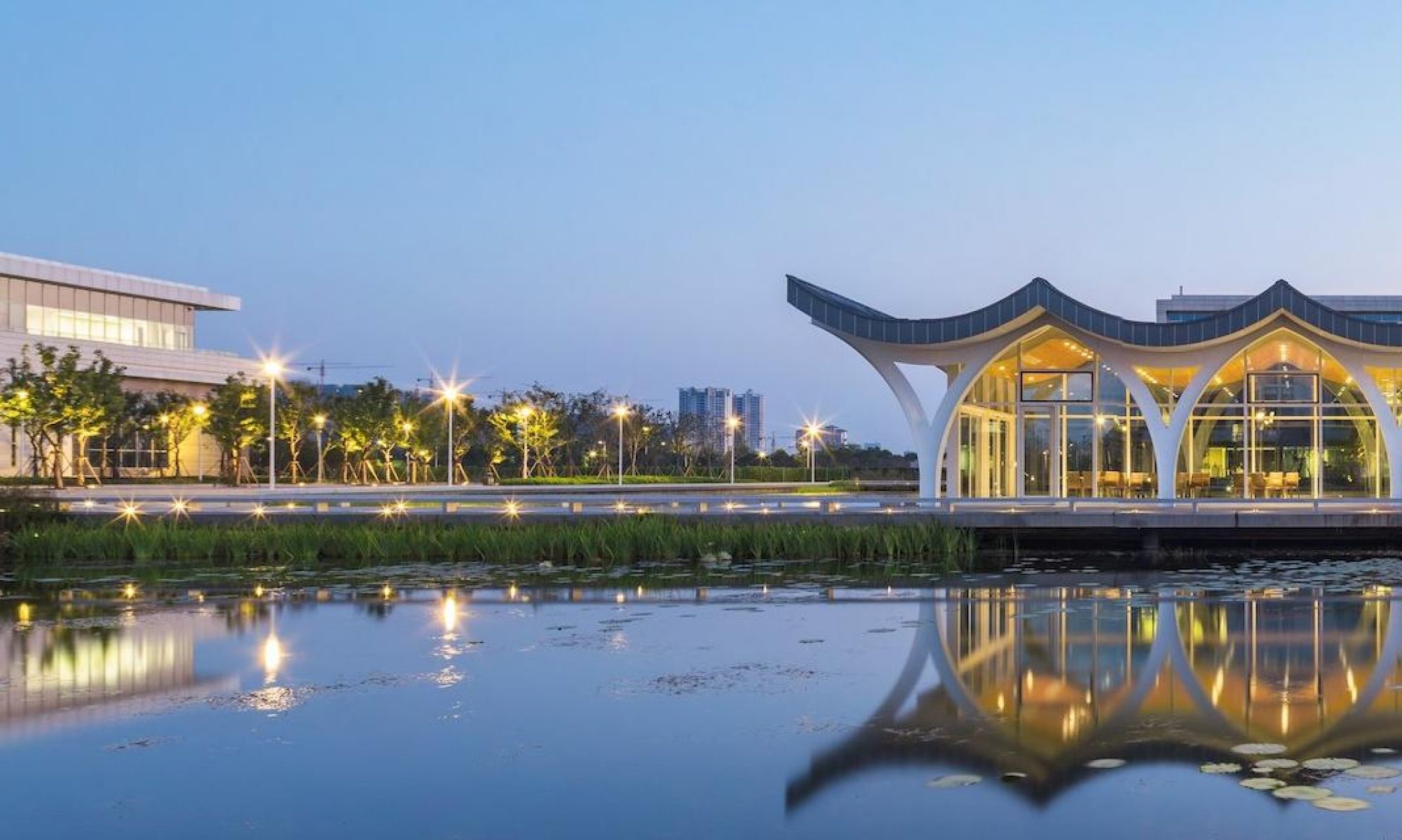This Interdisciplinary Conversation was part of “Religion and Politics,” presented by the Humanities Research Center and the Division of Arts and Humanities, in collaboration with the Undergraduate Studies program.
Reported by Mateja Bokan, Class of 2026
The Religion and Politics lecture and discussion were the first opportunity for DKU students in Barcelona to experience the offerings of the University and the Humanities Research Center. Divided into two parts, the guest lecture and a live discussion, students were able to apply, reevaluate, and extend their knowledge on secularization using Thomas Hobbes’s Leviathan as an example of how politics and religion work together in our society. Continue reading “Student Report: Religion and Politics – An Interdisciplinary Conversation”



